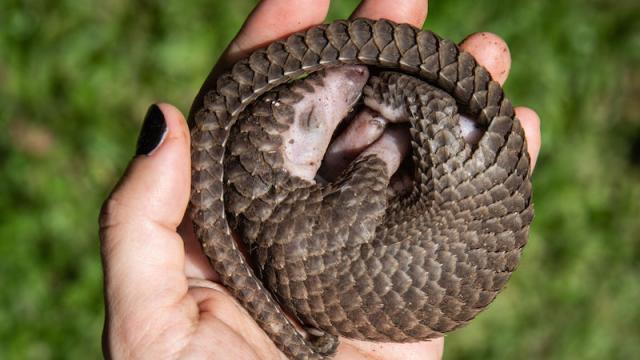Science is moving at record speed to try to contain and cure the novel coronavirus, which has already infected more than 7.8 million people worldwide. Despite the advances made towards a possible vaccine, there are still many questions that we do not have answers for. One of them goes back to the beginning: How did the coronavirus begin to infect humans?
Experts say the most likely scenario is that the coronavirus was transmitted animals to humans. Some experts, such as the World Health Organisation (WHO), point to bats as the prime suspect. Nonetheless, there are also some studies that suggest that the virus made the jump from bats to humans via an intermediate source, such as pangolins.
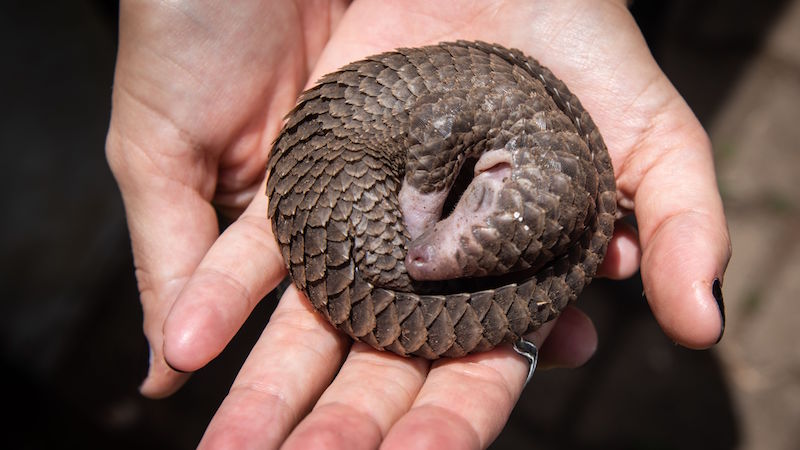
Although many think they’re reptiles, pangolins are actually mammals, per the World Wildlife Fund. They’re covered in scales, which they use to protect themselves from predators. But that’s not their only defence mechanism. The critters curl up into a ball if they feel threatened and use their tails, full of sharp scales, to defend themselves.
Pangolins eat ants, termites and larvae. One interesting fact: They don’t have teeth. To eat, they pick up food with their sticky tongues, which can be longer than their bodies. I personally think they’re freaking adorable and I can’t stop ooo’ing at these photos.
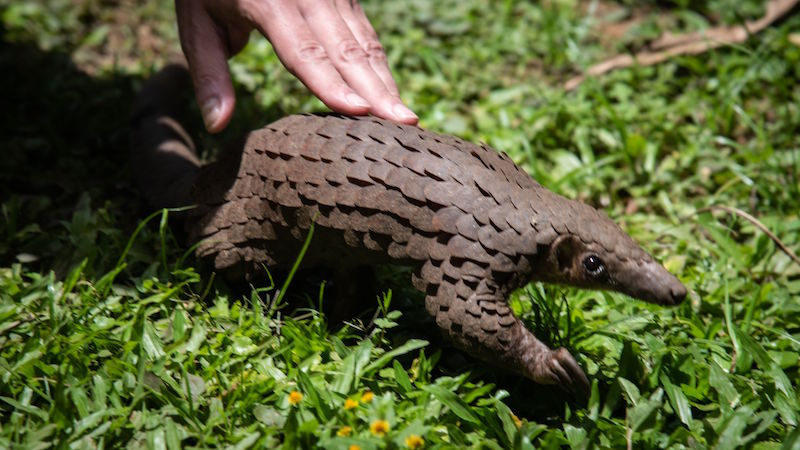
Unfortunately, pangolins are one of the most illegally traded mammals on the planet. They’re in high demand in countries like China and Vietnam, where people consider their meat to be a delicacy. Pangolin scales are also used in traditional Chinese medicine and folk remedies, although some wildlife conservation groups argue that there are ample sustainable substitutes for the scales.
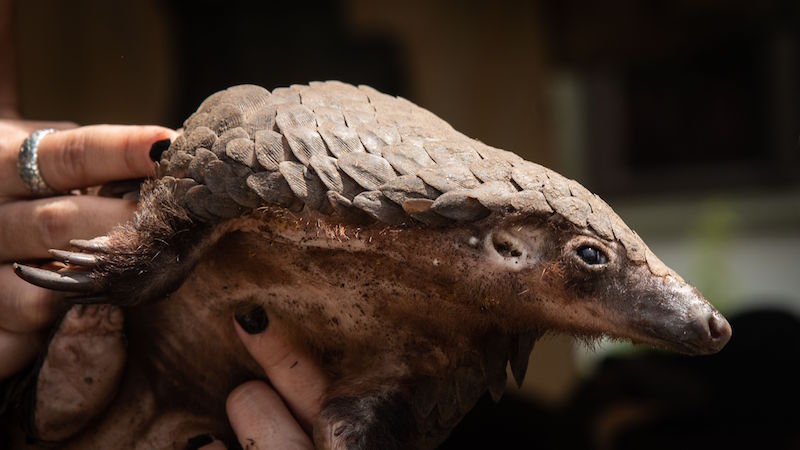
According to the Environmental Investigation Agency, in the past decade alone, it is believed that more than a million pangolins have been taken from the wild in Asia and Africa. There are eight species of pangolins in Africa and Asia. All of them are classified as “vulnerable” or “critically endangered” and are protected by international law.
Nonetheless, these little critters have gotten some good news lately.
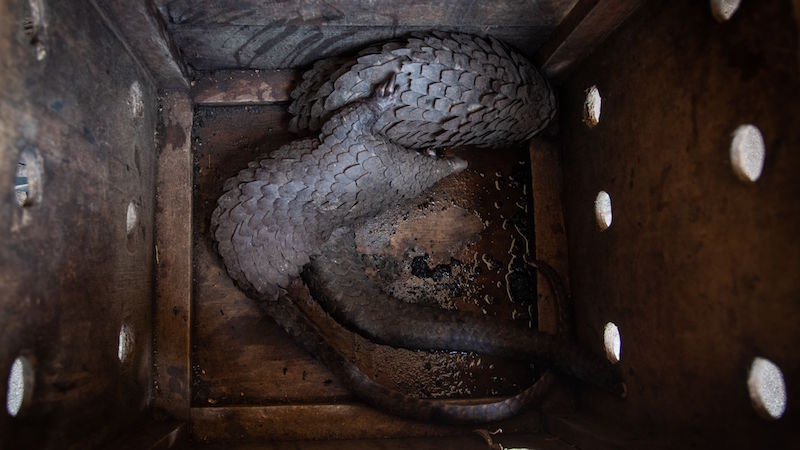
This month, China removed pangolin scales from an official 2020 listing of ingredients approved for use in traditional Chinese medicine, the Guardian reported. The move comes after the country’s State Forestry and Grassland Administration raised the pangolin’s protected status to the highest level last week. The change in status is effective immediately.
The punishment for those caught hunting, killing, smuggling, or trading them is now 10 years in prison.
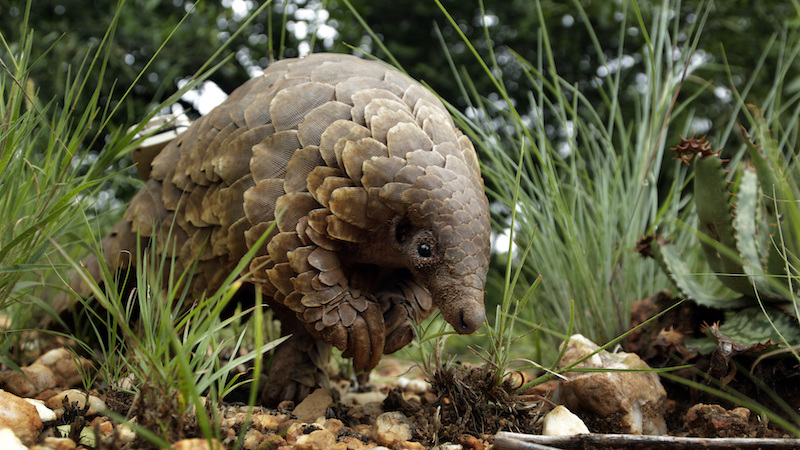
In recent days, pangolin activists in China released one of the animals into the wild. The pangolin, which volunteers named Lijin, had been rescued and rehabilitated in the Zhejiang province. Zhou Jinfeng, secretary general of the China Biodiversity Conservation and Green Development Fund, the group that released the pangolin, said the protections were a good start, but “not good enough.”
Zhou told the Associated Press that efforts to halt the sale of pangolins in China received a boost by the raise in global awareness of the wildlife animal trade linked to the coronavirus outbreak in Wuhan, the city where the virus first emerged. China has cracked down on wildlife animal trade in recent months.
He said his group would be releasing a lot more pangolins soon. In the future, Zhou wants to release all captive pangolins in China into the wild. He also wants to burn confiscated pangolin scales in an effort to end the illegal trade of these animals.
